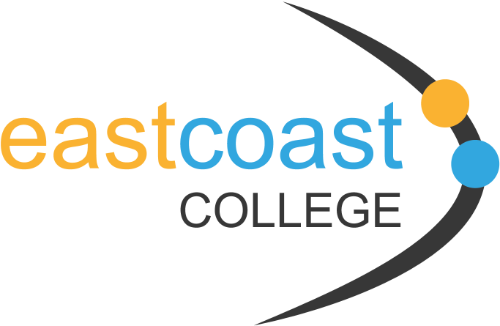Course: Access to HE Diploma (Social Care)
Study Level
Level 3
Location
Lowestoft Campus
Duration
One Year
FT / PT
Part-time
This course will examine how current issues have changed society’s perception of inequalities and the consequence of those changes in an ever-changing employment landscape and help better prepare you for the contemporary issues that will impact on social work and a range of other social care career options, with inclusion, equality, diversity, and rights the underpinning ideas of the programme.
The course is delivered through subject disciplines; however, case studies, examples and research will be used to illustrate the interdisciplinary benefits of social care in terms of both practice and theory.
You will study:
Higher Education Study Skills
This unit will help you become a more effective learner and prepare you for university study, by developing your research and academic skills that will help you throughout your studies and in the future. Developing good academic skills will help you achieve the academic success that reflects your growing potential.
Critical Thinking
Critical thinking might be described as the ability to engage in reflective and independent thinking, therefore this unit aims to develop your ability to discern the reliability and validity of information, particularly in relation to academic resources, and forms of media.
Research Issues in Social Care
You will examine the theories and methods associated with qualitative and quantitative research, and how they are applied within the social care sector, aiming to develop confidence, critical understanding, and skills to provide a basis for informed judgments concerning the reliability and validity of information.
Social Care – Social Policy
You will be introduced to how governments develop policy in relation to social welfare, social care, social protection, and the ways in which welfare has developed and changed in society. This unit will enable you to appreciate how social policy affects the contexts of our social lives.
Psychology
These units introduce those unfamiliar with the subject to the theoretical frameworks that underpin the study of the human mind, discussing the implications of those theories for our understanding of human behaviour. These units include abnormal psychology, a division of psychology that studies people who are abnormal or atypical compared to the members of a given society. Social psychology studies how people’s thoughts, feelings, beliefs, intentions, and goals are constructed within a social context by the actual or imagined interactions with others and developmental psychology aims to explain psychological growth, change and consistency though the lifespan, and therefore, will focus on social and emotional development during childhood and adolescence.
Sociology
This unit focuses on the sociological explanations of inequalities to help learners understand inclusion and inclusive practice and how and why individuals and social groups are excluded from society. It will enable you to appreciate the principles of sociology and how the contexts of our social lives affect our experience of the social world.
Theory and Practice
Social workers aim to improve people’s lives by helping with social and interpersonal difficulties, promoting human rights and wellbeing. Social workers protect children and adults, with support needs, from harm, from helping keep a family under pressure together to supporting someone with mental health problems, and balancing regulatory requirements with competing stakeholder interest, whilst providing high-quality care. In these units you will be introduced to the theories, tools and procedures in place which enable social workers to effectively safeguard children.
Students will follow the CAVA Access to Health and Social Care framework.
Requirements
Your application will be assessed on your individual achievements and experience. You will need to be working at Level 2 English. Only GCSE grade 4/C is a requirement for this course, however, it is advised that you also undertake GCSE maths as both GCSEs are normally required by universities.
Assessment
Assessment is through a portfolio, essays, reports, presentations, and exam papers (two units).
Progression
You can progress on to university degree programmes such as Social Work and allied subjects at either University of Suffolk or other universities nationwide.
You can also progress a range of degree programmes at University of Suffolk at East Coast College:
- BA (Hons) Social Science
- BA (Hons) Cultural Studies
- BSc (Hons) Applied Psychology
- BA (Hons) Person-Centred Counselling
- FdA Social Care Practice
- FdA Supporting Inclusive Learning and Practice
- FdA Childrens Care, Learning and Development
- FdA Early Years Practice.
Related Study Programmes
Access to HE Diploma (Counselling)
One Year
-
Level 3
-
Part-time
Access to HE Diploma (Humanities and Social Sciences)
One Year
-
Level 3
-
Part-time
Access to HE Diploma (Science) – Health Pathway
One Year
-
Level 3
-
Part-time
Access to HE Diploma (Science)
One Year
-
Level 3
-
Part-time
Access to HE Diploma (Social Care)
One Year
-
Level 3
-
Part-time
